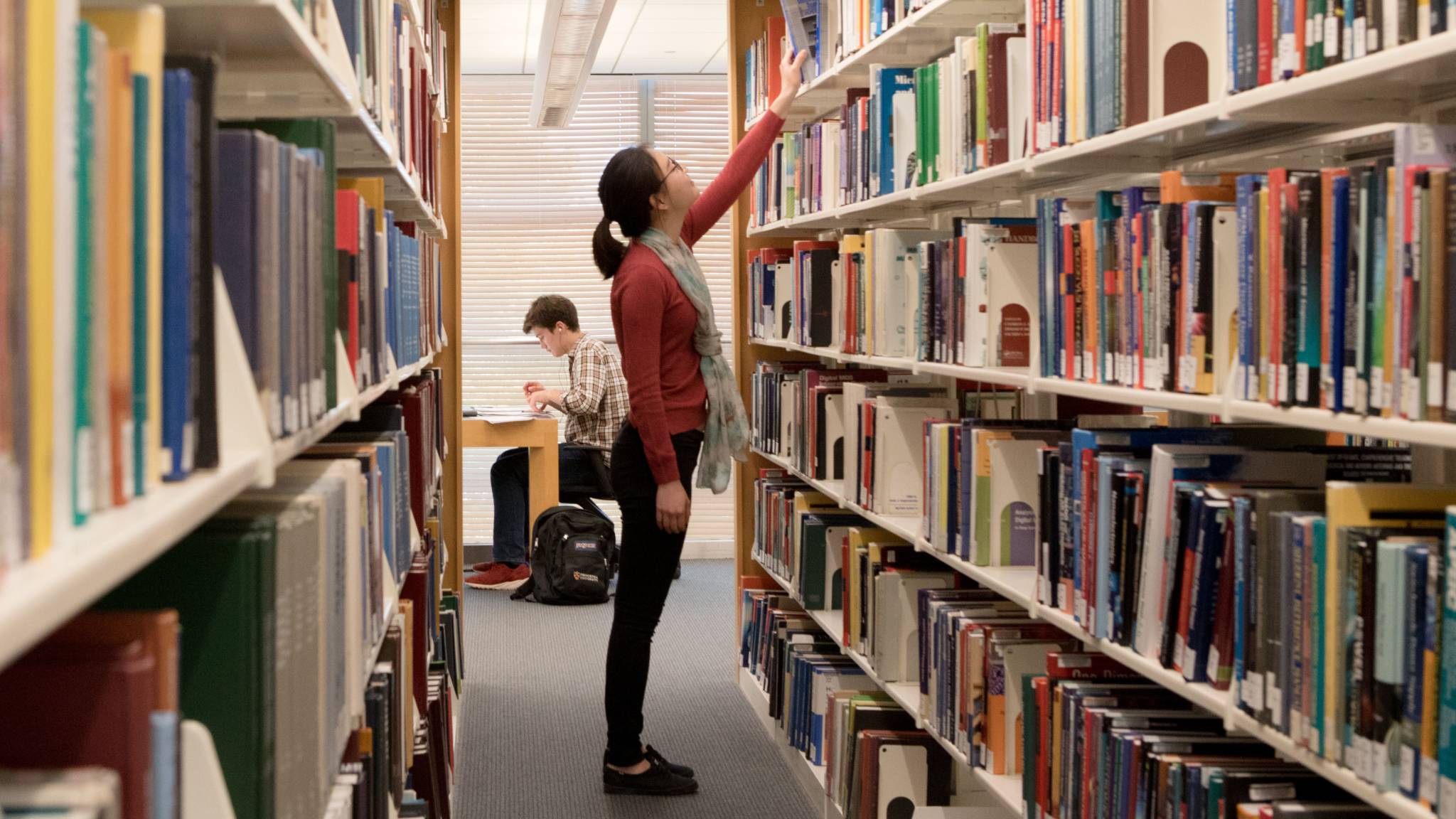By Catie Crandell
Putting a spotlight on the rich humanities scholarship being conducted across campus, the Humanities Council has inaugurated a Q&A series to accompany its Faculty Bookshelf, which was launched in late August.
Comprised of four simple questions, the series endeavors to create an opportunity for faculty members to introduce their books by talking about their creative and scholarly motivations and for readers to get an inside view of what inspired the initiation and development of each project. Brief and to-the-point, each Q&A offers a snapshot of one of the myriad ways that humanities scholarship is created at Princeton.
The Faculty Bookshelf Q&A series gives the Princeton community a chance to hear the voices of faculty members from across the humanities while learning about their scholarship and perspectives.
In the upcoming weeks, readers can look forward to Q&As on Effie Rentzou and André Benhaïm’s (French and Italian) 1913: The Year of French Modernism, Dan-el Padilla Peralta’s (Classics) Divine Institutions: Religions and Community in the Middle Roman Republic, and Sylvia Lavin’s (Architecture) Architecture Itself and Other Postmodernization Effects
Grants from the Humanities Council have supported these scholars throughout their research. A Magic Grant-supported exhibition, “Piranesi on the Page,” curated by Yerkes and Minor in conjunction with the launch of their book, is currently on show in the Ellen and Leonard Milberg Gallery in Firestone Library.
Rentzou and Benhaim’s book draws on a work shared during the 2019-2020 workshop series “Paris, Modern,” organized by Rentzou and Joshua Kotin (English) and supported by a Magic Grant. The Council also co-sponsored the conference “Racing Classics” that Padilla Peralta co-organized with Sasha-Mae Eccleston (Brown).
Author Q&As are conducted in coordination with the publication of each book featured on the Faculty Bookshelf, and will appear on a continual basis as new projects hit the press. The first batch of interviews that coincided with the Bookshelf’s launch included insights from Julian Zelizer (Public and International Affairs), Carolina Mangone (Art and Archaeology), Claudia Johnson (English), Christy Wampole (French and Italian), Eddie Glaude (Religion and African American Studies), and Carolyn Yerkes (Art and Archaeology).
The richness and diversity captured in this mere half dozen books testifies to the vibrancy of Princeton’s humanities scholarship. Zelizer’s Burning Down the House, “revolves around a scandal that brings down the most powerful person in Congress” while Johnson examines the myths that swirl around “an author we think we already know so well that there is nothing more to be said.”
Wampole’s Degenerative Realism identifies a mode in which contemporary French literature explores the social and political turmoil of the current moment and Glaude speaks to how writing on James Baldwin became a way for dealing with “despair and disillusionment” in the wake of the 2016 election. Mangone explores the generally unacknowledged influence of one great artist on another, and also delves into the development of her book project from roots that lead back to her years in graduate school.
















